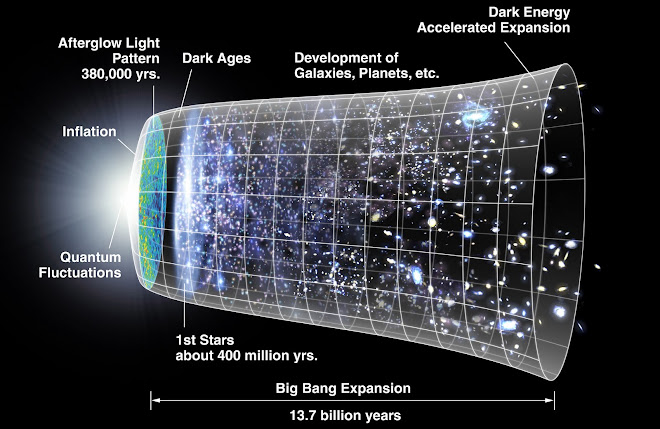For Jefferson, our human nature is rooted in our mental freedom, which is of central importance to our relationship with God. God could have forced us to believe in his religion, but chose rather to make us free in order that the love we return to him is true love. Hence, forcing people to support a church they do not believe in is a gross violation of God’s plan for us. Jefferson is following after Locke here, who points out that we are God’s property, and hence our duty is to protect that property, which includes studying revealed and natural theology in order to come to a true understanding of God’s plan and God’s love for us. Since God's love for us is true and, accordingly, wants true love in return, he chooses not to force us to love him, but rather provides us with opportunities to gather the wisdom and material succor that will encourage us to love him of our own accord. That “material succor” is of course another way to describe our property, and thus in the Declaration Jefferson is perfectly keeping with Locke when he changes “property” to “happiness.” And here Plato and Aristotle on eudemonia fits in perfectly.
Milton’s tract on The Discipline and Doctrine of Divorce is the “spiritual” if not direct textual antecedent to this kind of thinking. In that tract, Milton has the audacity to suggest that a man and a woman should get married not for the property the woman's father owns, but for love. As Milton describes it, the spiritual purpose of marriage is to provide men and women with the experiences--affectionate relations, reading the bible together--they need to understand God’s nature and God’s love for us--which of course we are able to conceive and enjoy in the person of the Son. Such a marriage is dramatized in Paradise Lost, where Milton underscores how the affectionate relations among men and women feature as the centerpiece passionate love-making, and as such lead to all sorts of levels of understanding that please God and glorify His truth, His generosity, and His wisdom--all of which are embodied in the person and actions of the Son, who is the cosmic victor, the glorious genius of self-sacrifice, and the perfect exponent of good politics. It is no overstatement to say that Milton’s tone if not his intentions are satirical, but according to Milton, God is very much on that wavelength, too. That is to say, when we as men and women make love and are generous and forgiving with one another, God should be delighted to hear us laugh, as well as cry...
Soon as the force of
that fallacious Fruit,
That with exhilerating vapour bland
About thir spirits had plaid, and inmost powers
Made erre, was now exhal'd, and grosser sleep
Bred of unkindly fumes, with conscious dreams
Encumberd, now had left them, up they rose
As from unrest, and each the other viewing,
Soon found thir Eyes how op'nd, and thir minds
How dark'nd; innocence, that as a veile
Had shadow'd them from knowing ill, was gon,
Just confidence, and native righteousness
And honour from about them, naked left
To guiltie shame hee cover'd, but his Robe
Uncover'd more, so rose the Danite strong
Herculean Samson from the Harlot-lap
Of Philistean Dalilah, and wak'd
Shorn of his strength…
That with exhilerating vapour bland
About thir spirits had plaid, and inmost powers
Made erre, was now exhal'd, and grosser sleep
Bred of unkindly fumes, with conscious dreams
Encumberd, now had left them, up they rose
As from unrest, and each the other viewing,
Soon found thir Eyes how op'nd, and thir minds
How dark'nd; innocence, that as a veile
Had shadow'd them from knowing ill, was gon,
Just confidence, and native righteousness
And honour from about them, naked left
To guiltie shame hee cover'd, but his Robe
Uncover'd more, so rose the Danite strong
Herculean Samson from the Harlot-lap
Of Philistean Dalilah, and wak'd
Shorn of his strength…
--John Milton, Paradise Lost,
9.1046-1062



























No comments:
Post a Comment